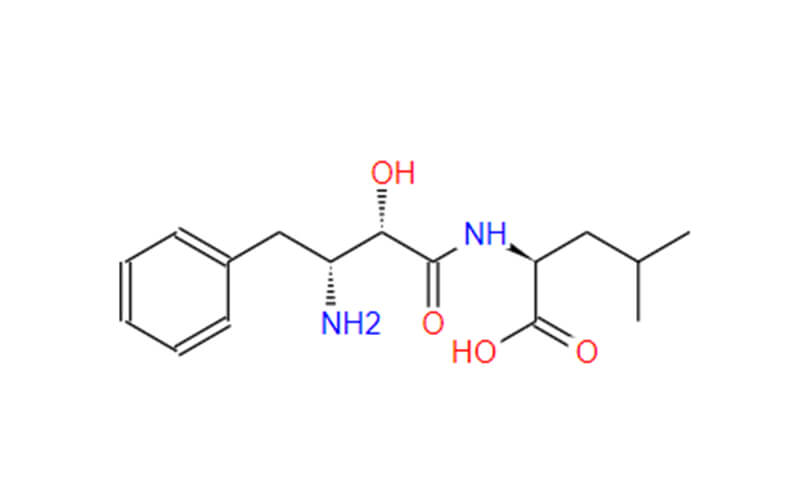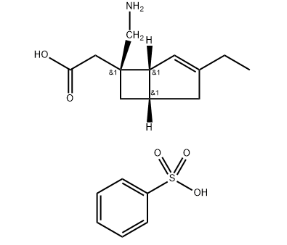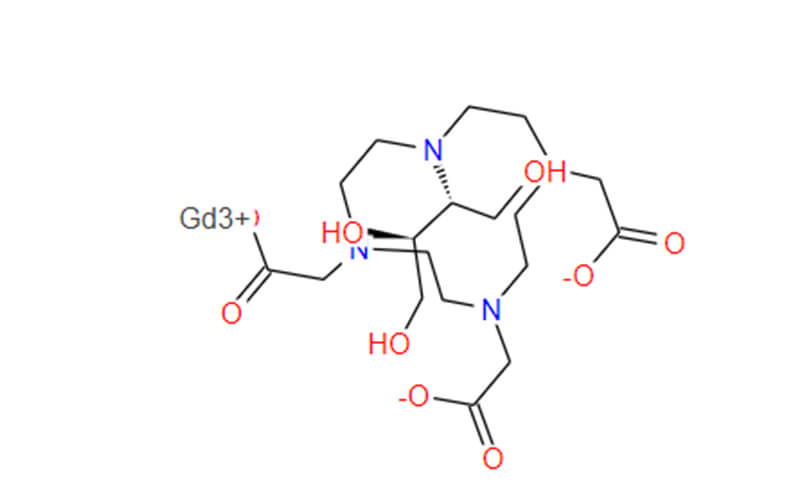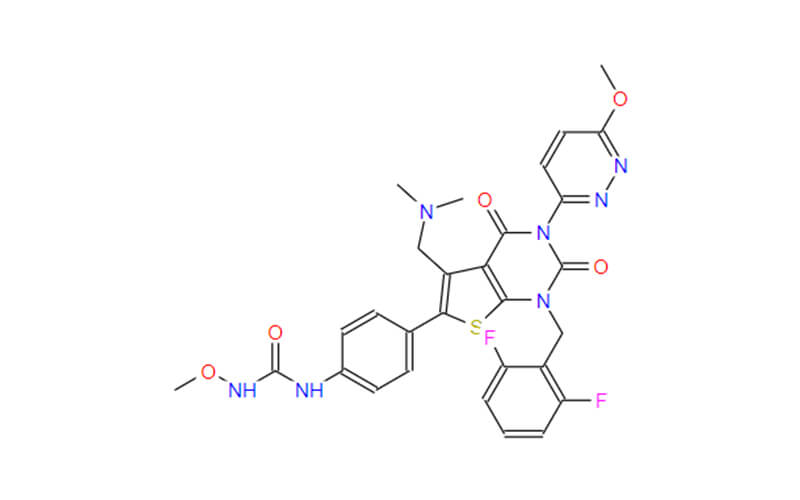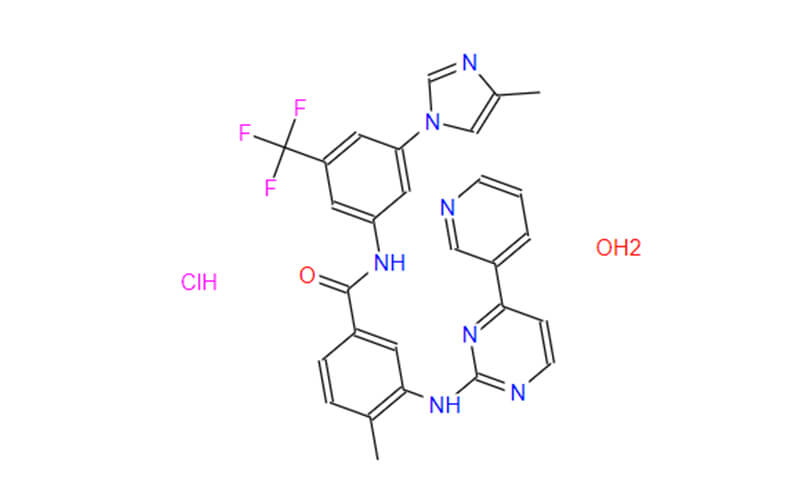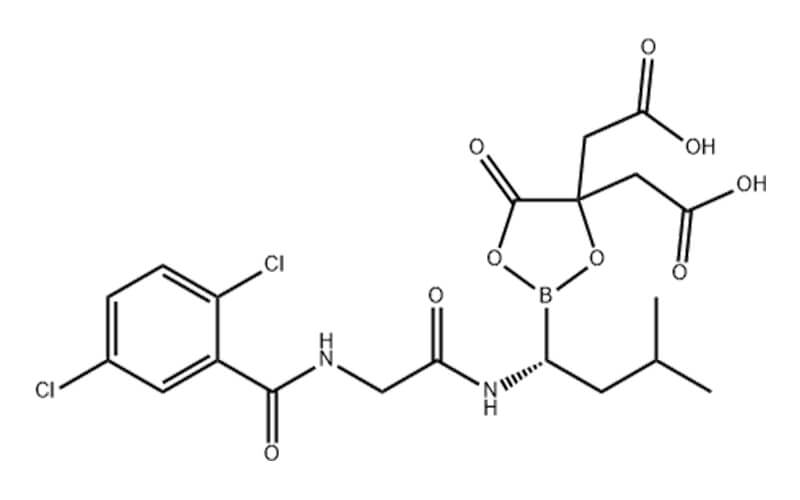Impact of Organic Impurities on the Stability of Active Pharmaceutical Ingredients(API)
Importance of API Stability
The stability of Active Pharmaceutical Ingredients (APIs) is of paramount importance in the pharmaceutical industry. API stability directly influences the safety, efficacy, and shelf life of the final drug product. Unstable APIs can degrade, leading to a loss of potency, which means the medication may no longer provide the intended therapeutic effect.
Moreover, the degradation of APIs can result in the formation of harmful by-products. These degradation products can be toxic or cause adverse reactions in patients, posing significant health risks. Ensuring API stability is thus essential not only for maintaining drug efficacy but also for ensuring patient safety.
From a regulatory perspective, stability is a critical quality attribute that must be demonstrated through rigorous testing and documentation. Regulatory agencies like the FDA, EMA, and ICH have established guidelines for stability testing, requiring manufacturers to provide comprehensive stability data to support the shelf life and storage conditions of pharmaceuticals.
Economically, stable APIs reduce the need for frequent manufacturing adjustments and product recalls, which can be costly and damage a company’s reputation. Stable APIs also facilitate smoother supply chain management, ensuring that drugs remain effective from production through to patient administration. Therefore, maintaining the stability of APIs is a fundamental aspect of pharmaceutical development and quality assurance, underpinning the overall success and reliability of drug therapies.
What is Organic Impurities?

Organic impurities in pharmaceuticals are unwanted chemical entities that can adversely affect the quality and safety of the drug product. These impurities can originate from multiple sources throughout the drug development and manufacturing processes, making their identification and control a complex task. Here are the primary categories of organic impurities:
- Process-Related Impurities: These impurities are introduced during the synthesis of the API. They can include starting materials, intermediates, by-products, and reagents used in the chemical synthesis. For example, incomplete reactions or side reactions during synthesis can lead to the presence of these unwanted substances.
- Degradation Products: Over time, APIs can degrade due to environmental factors such as heat, light, moisture, and oxygen. This degradation results in the formation of new chemical entities, known as degradation products. These impurities can affect the stability, potency, and safety of the drug.
- Interaction Products: These impurities result from interactions between the API and other components in the formulation, such as excipients or packaging materials. Chemical reactions between these substances can lead to the formation of new impurities that were not present initially.
- Solvents and Reagents: Residual solvents and reagents used in the manufacturing process can also be sources of organic impurities. These substances, if not adequately removed during purification, can remain in the final product.
- Catalyst Residues: Catalysts used to speed up chemical reactions can remain as residues in the final product. These residues, even in trace amounts, can be harmful and need to be controlled.
Effective management of organic impurities involves meticulous process design, rigorous quality control, and adherence to regulatory guidelines.

Mechanisms of API Degradation
Maintaining API stability is a delicate balancing act. Several factors can trigger degradation, ultimately impacting the API’s effectiveness and safety. Here’s a closer look at some common mechanisms of API degradation:
- Hydrolysis: This prevalent degradation pathway involves the breakdown of an API by water molecules. It’s particularly concerning for APIs containing functional groups like esters, amides, or lactams, which are susceptible to cleavage by water. The rate of hydrolysis is often influenced by pH; acidic or basic environments can accelerate the process.
- Oxidation: Exposure to oxygen can lead to the formation of oxidized impurities. This is especially problematic for APIs containing double bonds or easily oxidizable functional groups like alcohols or phenols. Light and elevated temperatures can further promote oxidation. Oxidized impurities can not only reduce the API’s potency but also potentially generate toxic byproducts.
- Photolysis: Certain APIs are sensitive to light, particularly ultraviolet (UV) radiation. Light exposure can trigger various reactions, leading to the breakage of chemical bonds and the formation of degradation products. This is a major concern for light-sensitive APIs used in oral medications, where exposure to sunlight during storage or dispensing can occur.
- Thermal Degradation: High temperatures can accelerate the rate of various degradation reactions. The specific temperature sensitivity varies depending on the API’s chemical structure. For instance, some APIs may undergo decarboxylation (loss of a carboxyl group) at elevated temperatures, while others might experience melting or isomerization (rearrangement of atoms).
- Solid-State Instability: APIs can exist in different solid forms, known as polymorphs. Each polymorph exhibits unique physical properties, including stability. A metastable polymorph, a less stable form, can convert to a more stable polymorph over time. This solid-state transformation can impact the API’s dissolution rate and ultimately affect its bioavailability.
- Interaction with Excipients: Excipients play a crucial role in formulating medications. However, some excipients can interact with the API, leading to unwanted reactions and degradation. For example, certain excipients with acidic or basic properties can influence the API’s hydrolysis rate. Understanding these potential interactions is essential during the formulation process to ensure API stability within the final drug product.

Impact of Organic Impurities on API Stability
Organic impurities can significantly impact the stability of APIs in various detrimental ways. These impurities often act as catalysts, accelerating degradation processes such as hydrolysis and oxidation, which rapidly diminish the API’s potency and efficacy. Additionally, the reaction of impurities with the API or other formulation components can lead to the formation of toxic by-products, posing serious health risks to patients.
Organic impurities can also alter the physicochemical properties of the API, affecting its solubility, crystallinity, and hygroscopicity, which in turn impacts the drug’s performance and stability. Consequently, the presence of organic impurities often results in a reduced shelf life of pharmaceutical products, as they promote the degradation of the API, shortening the period during which the drug remains effective and safe for use.
API Supplier’s Efforts in Addressing Organic Impurities in APIs

Qingmu, a leading manufacturer of Active Pharmaceutical Ingredients (APIs), is firmly committed to delivering the highest quality APIs to its customers. They understand the critical role API stability plays in ensuring patient safety and therapeutic efficacy. Here’s a glimpse into Qingmu’s specific efforts in addressing organic impurities:
- Harnessing Technological Advancements: Qingmu invests heavily in state-of-the-art equipment and methodologies for API synthesis and purification. Their facilities utilize high-performance chromatography systems equipped with advanced columns that can separate even closely related impurities from the desired API molecule. Additionally, Qingmu leverages Mass Spectrometry (MS) technology for highly accurate identification and quantification of impurities at trace levels. This ensures meticulous control over the purity profile of their APIs.
- Quality by Design (QbD) in Action: Qingmu adheres to the principles of Quality by Design (QbD) throughout the API development process. Their team of experienced scientists takes a proactive approach, meticulously designing each synthesis process with impurity control at the forefront. By thoroughly understanding the potential sources and mechanisms of impurity formation, they can optimize reaction conditions, meticulously select high-purity starting materials, and implement robust purification steps. This ensures minimal impurity formation from the very beginning of the manufacturing process.
- Continuous Improvement for Enhanced Purity: At Qingmu, there’s no room for complacency. Their commitment to continuous improvement drives them to constantly evaluate and refine their manufacturing processes. They meticulously analyze process data to identify trends and potential areas for optimization. By implementing data-driven improvements, Qingmu consistently refines their methods to deliver even higher-purity APIs with ever-decreasing levels of organic impurities.
Qingmu is always your trusted partner in the pharmaceutical field!

